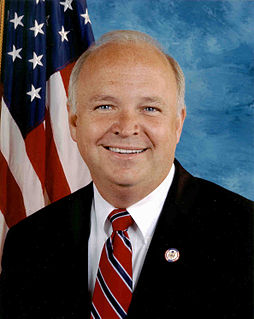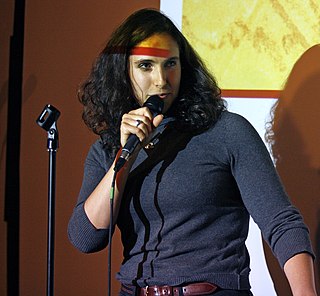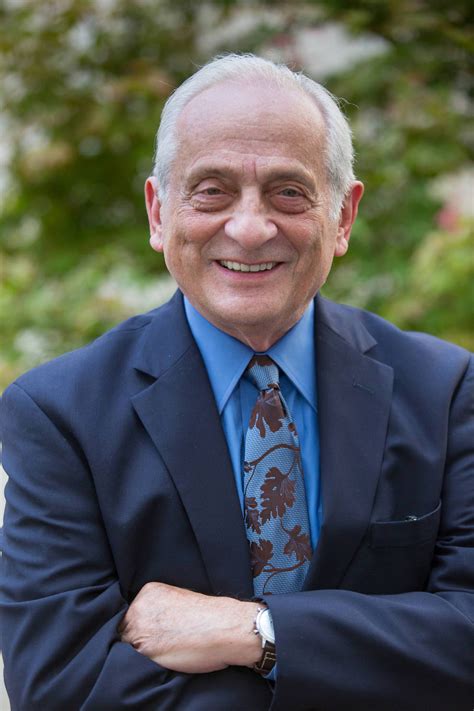A Quote by Joan Robinson
There is no such thing as a normal period of history. Normality is a fiction of economic textbooks.
Related Quotes
I was beginning to understand something about normality. Normality wasn't normal. It couldn't be. If normality were normal, everybody could leave it alone. They could sit back and let normality manifest itself. But people-and especially doctors- had doubts about normality. They weren't sure normality was up the job. And so they felt inclined to give it a boost.
I think it's important to humanize history; fiction can help us remember. A lot of books I've read in the past have been so much more important than textbooks - there is an emotional connection with one particular person. I'm very much of a research-is-important type of fiction writer, even for contemporary fiction. I wrote about blogs in America and I've never blogged. But I read many, many blogs - usually about feminist things, or about race, or about hair.
Science fiction is the most important literature in the history of the world, because it's the history of ideas, the history of our civilization birthing itself. ...Science fiction is central to everything we've ever done, and people who make fun of science fiction writers don't know what they're talking about.




































